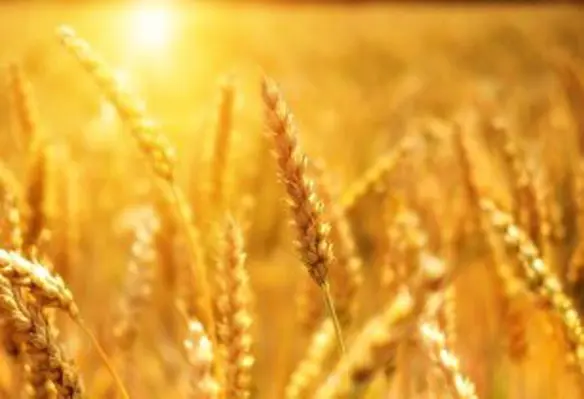Andre Laperriere, executive director of Global Open Data for Agriculture and Nutrition (GODAN), has highlighted the impact of coronavirus on global food security
“While the bulk of the global response to the COVID-19 pandemic response has been focused on the health and economic recovery, there has been little attention on the long-term food security implications of the pandemic. Initial concerns in the sector were around the fast depleting shelves of supermarkets, and once the logistical aspect was contained, the close attention to our food systems had disappeared.”
While the immediate term looks secure because of existing food reserves, the actual impact of the pandemic will likely be felt in the coming months. This is because the lockdown and economic restrictions have disrupted key areas including access to seasonal labour, supply chain including agricultural raw materials, and the trade routes for imports and exports.
“Unlike agricultural specific pandemics such as bird flu / swine fever, the impact of covid on agriculture and food security is not direct and uniform. Due to the varied factors mentioned, and taking into account the local economic impact and government interventions, the pandemic will have localised impact.”
“For example in countries such as the UK, where the lockdown has affected access to seasonal labour there has been a severe impact on farm work during the harvest season. In countries where access to raw materials is impacted, there would be lower output resulting in higher food prices. Overall, any macro-economic changes associated with COVID-19 can manifest anywhere from higher inflation to outright food shortages and starvation – and can only be addressed depending on the economic prowess of the impacted country.”




